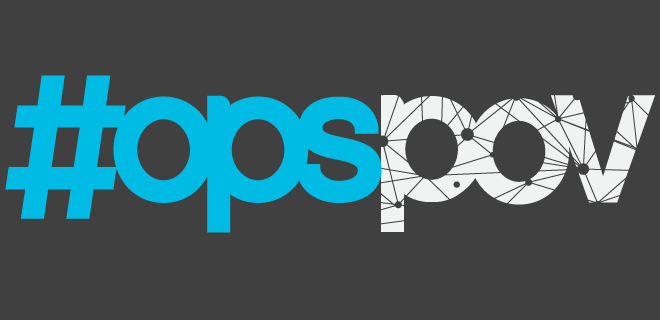
Last week, when we saw the eMarketer report that programmatic CPMs rose in 2017 and were projected to continue rising through 2018, it looked like a sign that the programmatic market had leveled up a step. Programmatic is like that—“success in programmatic” is one of those elusive goals like “health” or “happiness.” Even if you’re doing well enough for what you need, there’s almost always room to grow, but you don’t necessarily know it until you get there.
At PubForum earlier this month, I moderated a breakout panel on “advanced programmatic,” with distinguished panelists Masha Kutilova from BabyCenter and Jay Glogovsky from the New York Times. We also opened up the discussion to the whole room—anyone who had either questions or answers was encouraged to speak up.
Having been in that room with so many publishers who have so many opinions on the subject, it seems like this is a good time to catch up on where we’re at with programmatic. Some thoughts:
EBDA kind of is S2S right now, at least for a lot of pubs. There was a lot of talk around the end of 2016 that server-to-server integrations were going to be the next stage in the evolution of header bidding—a way to add more demand partners without also adding to page latency, ideally. The question was always going to be about who controlled the server-side connection. About a year ago I had some conversations with vendor-side folks about how their clients just weren’t flocking to their S2S solutions as they’d hoped. At Ops NY in June, I moderated a discussion where some folks said EBDA seemed interesting, but they were wary of Google overseeing the server-side pipe.
Now we’re hearing much less wariness. For pubs who are using EBDA, it’s generally delivering the desired results, with limited extra effort on their part. Pubs are interested in other S2S offerings, sure, but that proposition can seem exhausting. They want something that feels familiar and that works. And for many pubs, that’s EBDA, as much as they enjoy beating up on Google in their free time. There’s still some question about how much pubs want to trust Google’s reporting, but that’s a tradeoff they’re willing to work with now.
We understand what programmatic guaranteed is now. I’d written about this only a few months ago, after another AdMonsters panel, where the convoluted terminology for programmatic products came up in the discussion. Sure, there are still a lot of similar-sounding terms out there for substantially different products, but now there’s little confusion among ops about what “programmatic guaranteed” means. That matters, because if programmatic guaranteed is supposed to be the next iteration of PMPs, pubs first need to make buyers recognize the value of PMPs, and then need to communicate how programmatic guaranteed is different (and better for everyone involved, ideally).
Buyers may have a lot of thoughts about brand safety and ad fraud right now, and these conversations may be trying for pubs, especially where the programmatic market is concerned. But the bright side is that pubs are able to point to PMPs and programmatic guaranteed as strategies to keep buyers’ investment and good name safe. Do your advertisers think they’re getting a better deal on your inventory in the open market? Show them how much of their spend is actually making its way to your pockets. If it’s significantly less than they thought they were spending on your stuff, minus intermediary fees, that suggests the remainder is going to counterfeit sites. No one wants that except the counterfeiters. So it appears the bad news about the wild and wooly open market is helping PMPs and guaranteed deals to come into their own.
And the increasing popularity of PMPs and programmatic guaranteed means…
Big changes are afoot in how direct sales teams operate and communicate. We’ve known this for a while, but it’s still happening. Pubs are re-evaluating whether there’s good reason to keep programmatic and direct sales teams separate, or whether that just leads to redundant conversations with clients. When you have a sales team that can speak about direct deals and the nuances of programmatic, you have a more efficient sales process, and you have better yield. But it’s easier for some pubs to get there than others. Hiring and training are costly propositions. We’ll probably be talking about this for a while still. This is a process that could call for completely reorganizing the sales team.
Sure, tracking the development of the programmatic market takes a lot of work. But at least it gives us something new to talk about. I’ll be looking forward to hearing how the discussion has progressed in just a couple months at Ops this June.